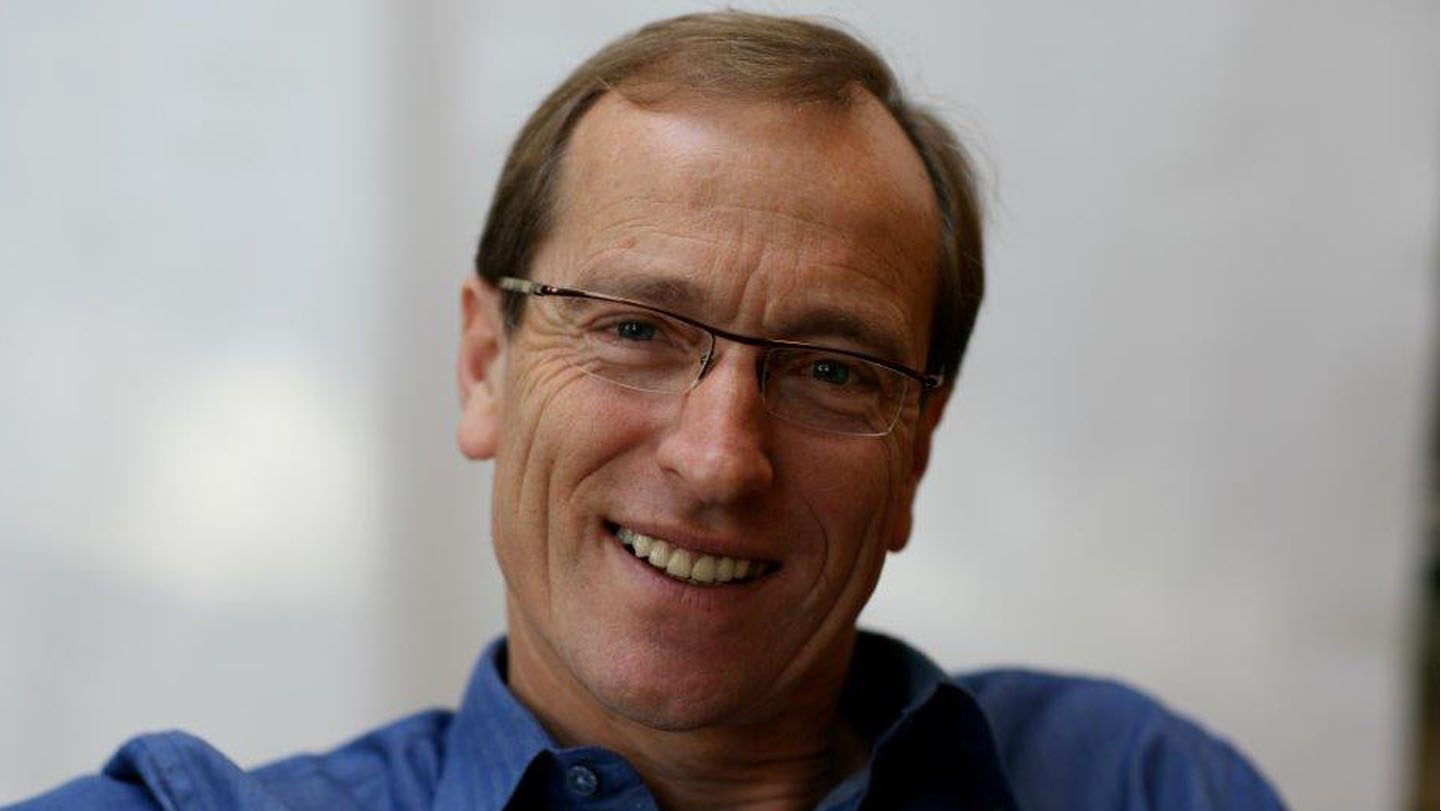As I commented in a recent piece (Unicorns or Monsters) I vividly remember my visit to Silicon Valley in 1994.
Entrepreneurs with ideas were closely connected to nearby venture capitalists with money to invest. That money had been made by the previous cohort of entrepreneurs. Lawyers and other advisers would work for low or no fees in the expectation of shared gain if the new enterprise came off. It felt like an attractive form of relationship capitalism – shared risk and rewards shared with members of the same community.
Then the companies got bigger. Their capacity for innovation grew with them. This was the age of the Mac, the iPod, the i-phone. Apple became the world’s first $1trillion company.
This in turn created an investor appetite for a new breed of IPO (initial public offering) in which it was seen as a proof of ambition to show losses in the hundreds of millions.
With the 2019 collapse of the We Work IPO, and the struggles of Uber and others, this IPO boom may be over, although the quest for world domination and elimination of effective competition by the digital giants remains.
Now however, there is a new cloud on the horizon, crisply described by Rana Foroohar in her new book, Don’t Be Evil: The Case Against Big Tech summarised recently in The Guardian. In a phrase it is the threat of large scale financialisation: the biggest companies today are now behaving with the same greed and recklessness as the biggest banks were doing before 2008.*
We already know about Surveillance Capitalism and the exploitation of users’ data by Facebook and Google. Foroohar shows how the big tech companies have become like banks. They have accumulated huge cash piles and then put the money into offshore bond portfolios. There were, in 2018, $1tn corporate savings held in offshore accounts, mostly by rich firms.
‘The largest and most intellectual-property-rich 10% of companies – Apple, Microsoft, Cisco, Oracle and Alphabet (Google’s owner) controlled 80% of this hoard.’
They also indulged in share buybacks, and pushing up share valuations, thereby enriching their managers and shareholders, and increasing inequality.
Companies which want to compete with these giants have themselves had to take on vast debts in order to finance the mergers and takeover that might give them the scale to compete.
So big companies are now major borrowers and the biggest are now, like banks, major lenders. Apple can exploit its power to borrow money more cheaply and then lend to others more expensively, making a profit on the difference, just like banks. According to Foroohar, who in turn cites the work of economist Zoltan Pozsar, Silicon Valley giants have become ‘systemically crucial in the markets’ holding assets that- if sold or downgraded – could topple the markets themselves.
This is the context in which Facebook has recently tried to set itself up, with many of these companies as partners, to be the creator and owner of a new digital currency called Libra. Holding these giants to account becomes vital for two different reasons. First, we need to protect ourselves from the risks of a huge financial crash which will hurt us all, but especially the poorest: these giants are becoming, like the banks, too big to fail. Secondly, as my co-author Ong Boon Hwee and I argue in the newly published Entrusted there is now a sense that the system is not working for ordinary people, but for privileged elites. It is this sense that lies at the root of the disillusionment with democracy and the rise of populists who incite dissatisfied people to blame scapegoats such as migrants or the EU.
Government regulation – and, even more importantly, supra national regulation of the kind that so far only the EU has achieved – is one part of the answer. The other is the mobilisation of citizens in their capacity as savers and owners of the shares in whose name, and against whose interests, this financialisation is being carried out.
Ong Boon Hwee and I devoted the last chapter of our new book ‘Entrusted’ to a discussion of the big tech companies and the need for stewardship minded investors and boards to hold them to account. We said
‘Remember Larry Fink’s Letter to investors’ urging institutional investors to focus on the purpose of the company in which they were invested. . It would be good to think that BlackRock and other institutional investors are following his advice…in challenging their investee companies to own up to their responsibilities when there are discrepancies between the noble motivations of their stated purposes and the commercial reality of their implementation. ‘
Foroohar’s analysis tells me that this agenda is even bigger and more significant than we described.
She shows how we are living in a financialised world. We are conceding power to giants which, even if they have good intentions, have lost sight of those intentions under the influence of financial and power imperatives.
What is lost in the process is the obligation that we all owe to the next generation. Boards and investors, please act.
* I am indebted to my brother Hugh Goyder for drawing this article to my attention.
